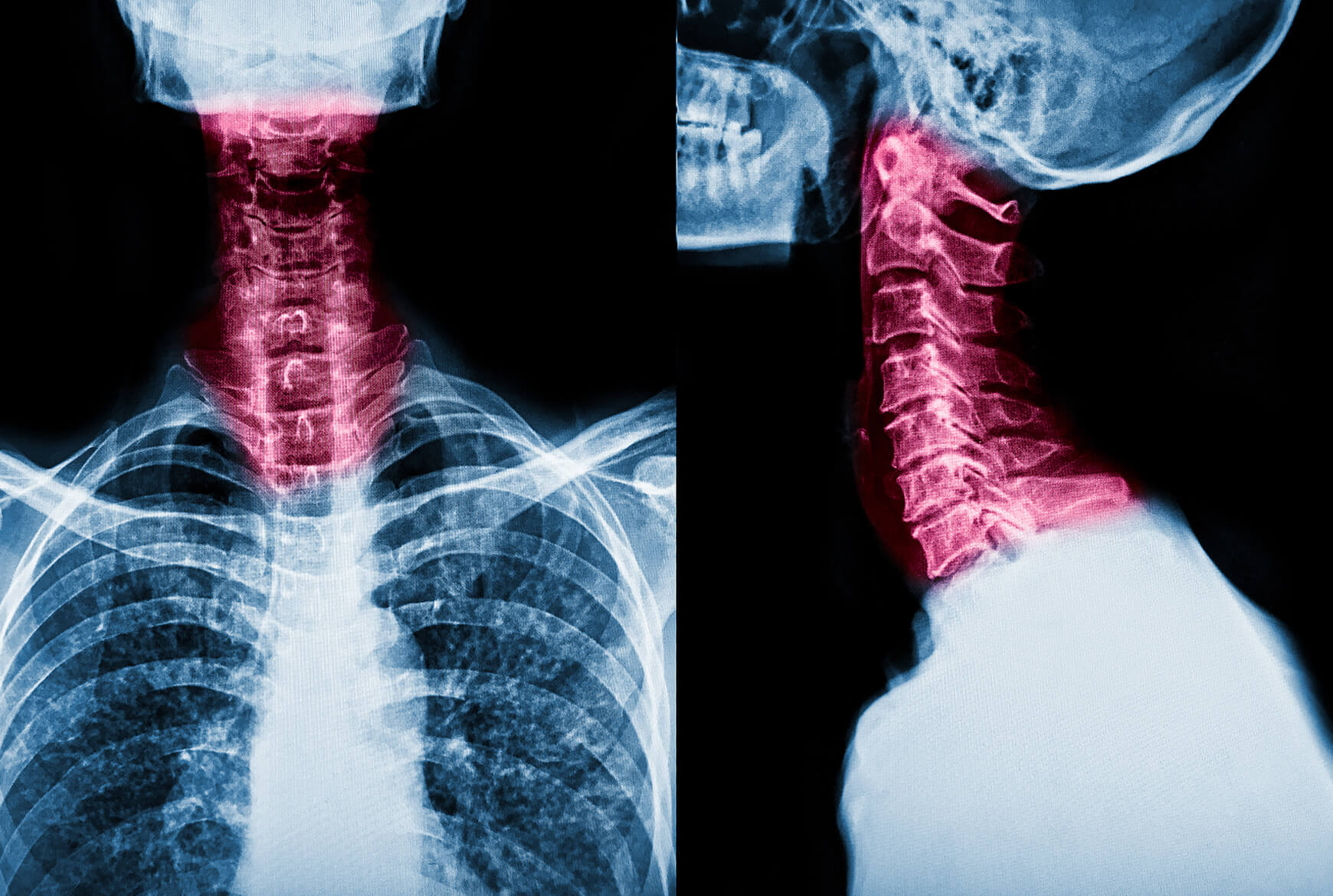1 SAFIRI, S., KOLAHI, A.-A., Hoy, D., BUNCHBINDER, R., MANSOURNIA, M. A., BETTAMPADI, D., et al., Global, Regional, and National Burden of Neck Pain in the General Population, 1990–2017: Systematic Analysis of the Global Burden of Disease Study, 2017. BMJ, 2020, p. 368.
2 CÔTÉ, P., CASSIDY, J.D., CARROLL, L., The Epidemiology of Neck Pain: What We Have Learned From Our Population-based Studies. J Can Chiropr Assoc., 2003, 47(4), p.p. 284-290.
3 CLELAND, J.A., DOMMERHOLT, J., OOSTENDORP, R.A., VLEEMING, A., Manual Therapy for Musculoskeletal Pain Syndromes: an evidence- and clinical-informed approach. Elsevier, 2016.
4 GROSS, A., KAY, T.M., PAQUIN, J.P., BLANCHETTE, S., LALONDE, P., CHRISTIE, T., DUPONT, G., GRAHAM, N., BURNIE, S.J., GELLEY. G., GOLDSMITH, C.H., FORGET, M., HOVING, J.L., BRØNFORT, G., SANTAGUIDA, P.L., Cervical Overview Group. Exercises for Mechanical Neck Disorders. Cochrane Database Syst Rev., 28, 1:CD004250. doi: 10.1002/14651858.CD004250.pub5. PMID: 25629215.


